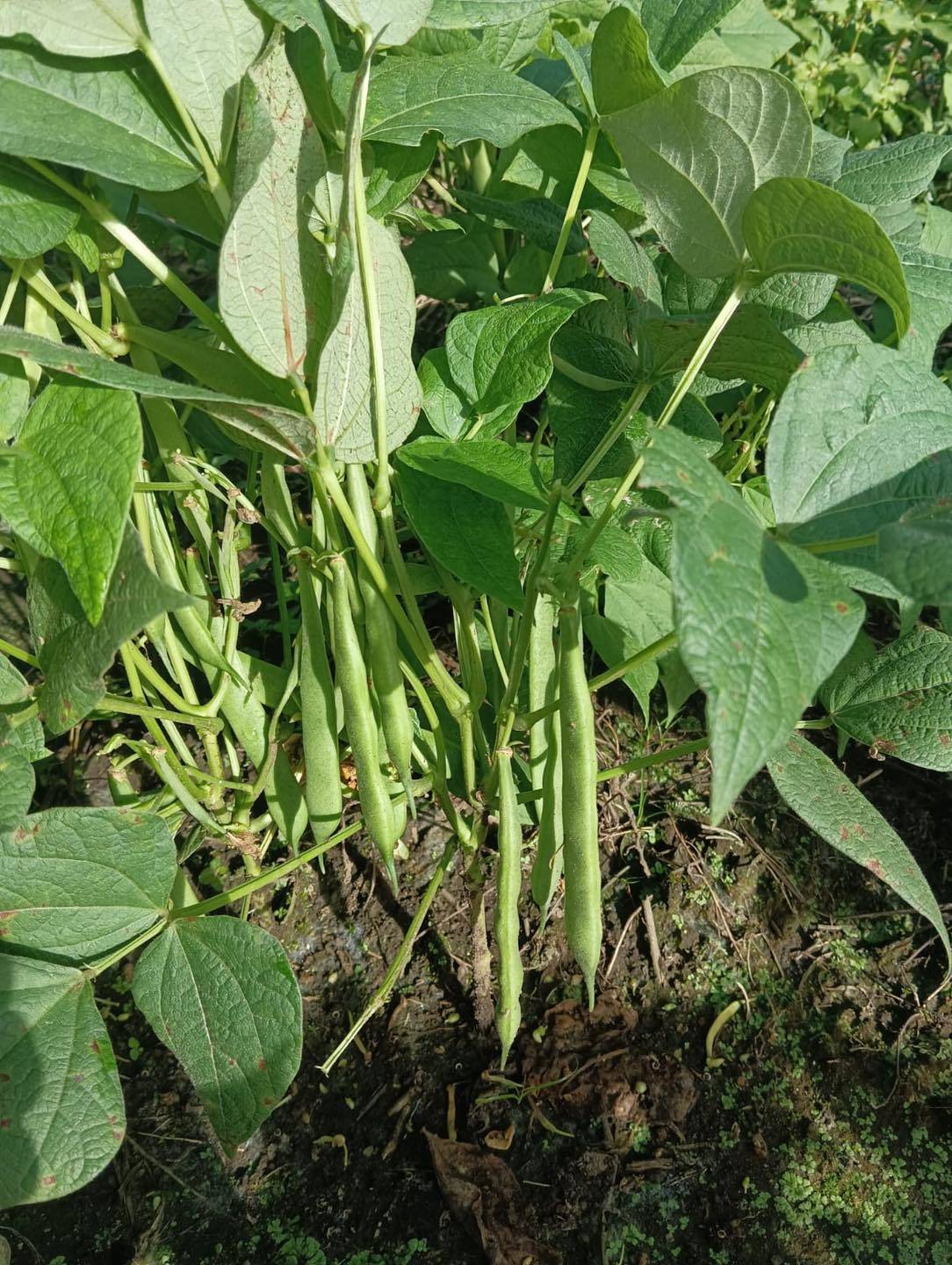
The Agricultural Innovation Institute of Panama (IDIAP), through the bean project, is in the stage of multiplying registered seeds of varieties traditionally used by producers such as IDIAP R2, IDIAP R3, among others and is emphasizing its efforts in biofortified varieties, which contain a greater amount of iron.
This was announced by Eng. Emigdio Rodríguez, manager of this project, stating that the seed of traditional varieties is being multiplied to guarantee the supply of this input to multiplier producers for the next planting cycle.
He explains that this year greater emphasis is being given to the multiplication of biofortified varieties such as IDIAP P 09-11, IDIAP P 13-38 and IDIAP NUA 24, in support of the Regional Alliances project for the dissemination of Iron-Rich Beans. for Latin America and the Caribbean, financing from #FONTAGRO and led by Lic. Maika Barría, IDIAP nutritionist. This project has a large marketing component highlighting the high nutritional value of this type of varieties.
Rodríguez states that a traditional variety of beans contains approximately 50 parts per million of iron, while biofortified varieties contain approximately 88 parts per million of iron, so that there is a gain in iron content for those who consume it.
In nutritional terms, it is noteworthy that iron is an important element for people who suffer from anemia, and its consumption helps avoid this disease in children of preschool and school age, women in a reproductive state, and pregnant women.
Currently, at the IDIAP Experimental Station in Río Sereno, work is being done on the multiplication of approximately 12 quintals of registered seed of different varieties.
By law, IDIAP is responsible for the multiplication of basic and registered seeds and producers duly registered with the National Seed Committee are responsible for the multiplication of certified seeds, which is what farmers are recommended to use in production cycles.






